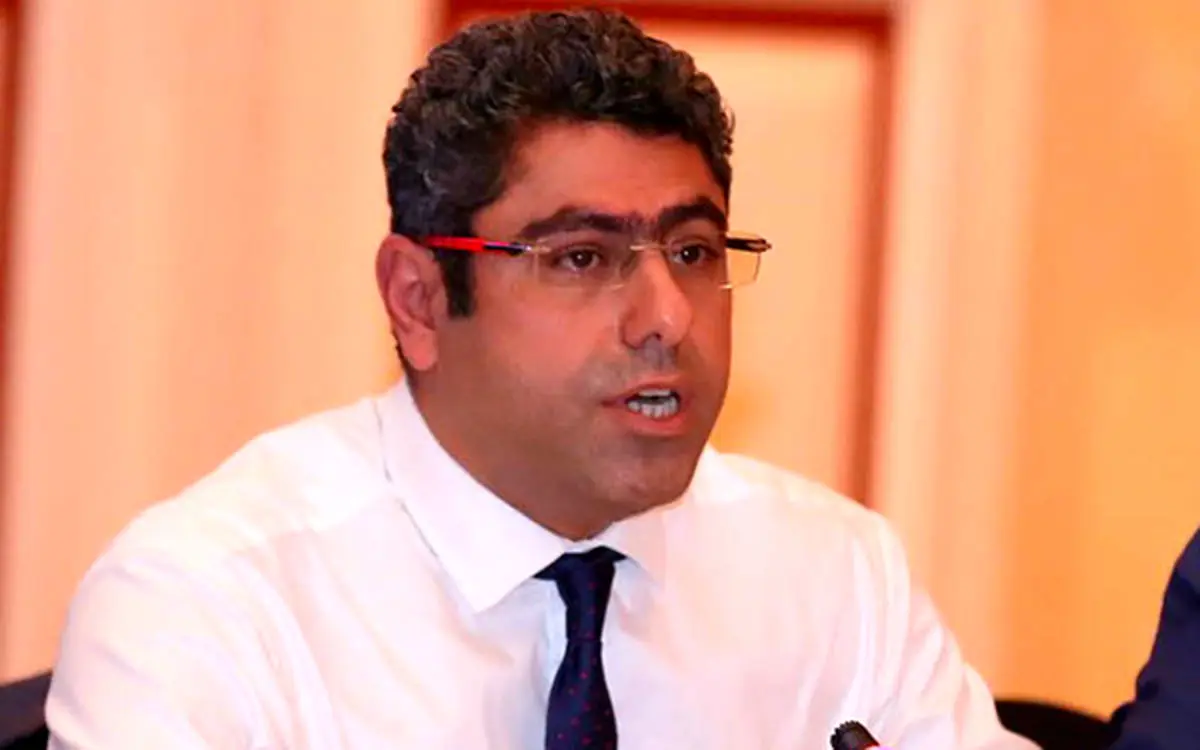Saudi Arabia has tied improvement of relations with Iran to future of JCPOA: Expert

The lecturer in Iranian Studies at the Centre for Arab and Islamic Studies at the Australian National University has said that improving the relations between Iran and Saudi is a political concession to Tehran that can be used in the nuclear talks, and naturally, Saudi Arabia doesn’t want to give Iran such a concession.
The relations between Iran and Saudi Arabia can generally be defined in three areas, Alam Saleh said in an exclusive interview with ILNA.
He explained the three areas, saying that the relations between Iran and Saudi Arabia are considered in three areas include regional policies, Iran’s nuclear program, and Iran’s military power.
Commenting on Iran’s nuclear program, he noted that certainly, Saudi Arabia has tied its relations with Iran to the future of the JCPOA
the revival of the JCPOA will decrease the role of the U.S. in the region and improving the relations between Iran and Saudi is a political concession to Tehran that can be used in the nuclear talks, he noted, emphasizing that naturally, Saudi Arabia doesn’t want to give Iran such a concession.
Another factor for the importance of Iran’s nuclear issue for Saudi Arabia is that Riyadh knows that there are no possible threats from Iran’s nuclear program against this country and they are against Western-Israeli differences.
On the other hand, Iran doesn’t consider Saudi Arabia as its security competitor because the U.S. and Israel are Iran’s only security competitors and foreign security threats, he said, adding that “so the complications of Iran-Saudi relations show that they aren’t easy to solve.”
Today, Iran’s security approaches toward Iraq and Afghanistan have turned into political views, he noted.
From Iran’s point of view, countries that have strong security relations with the U.S. should be viewed from a security point of view and because of that the Arab countries are not necessarily a threat, but they are considered a secondary threat, he added.
